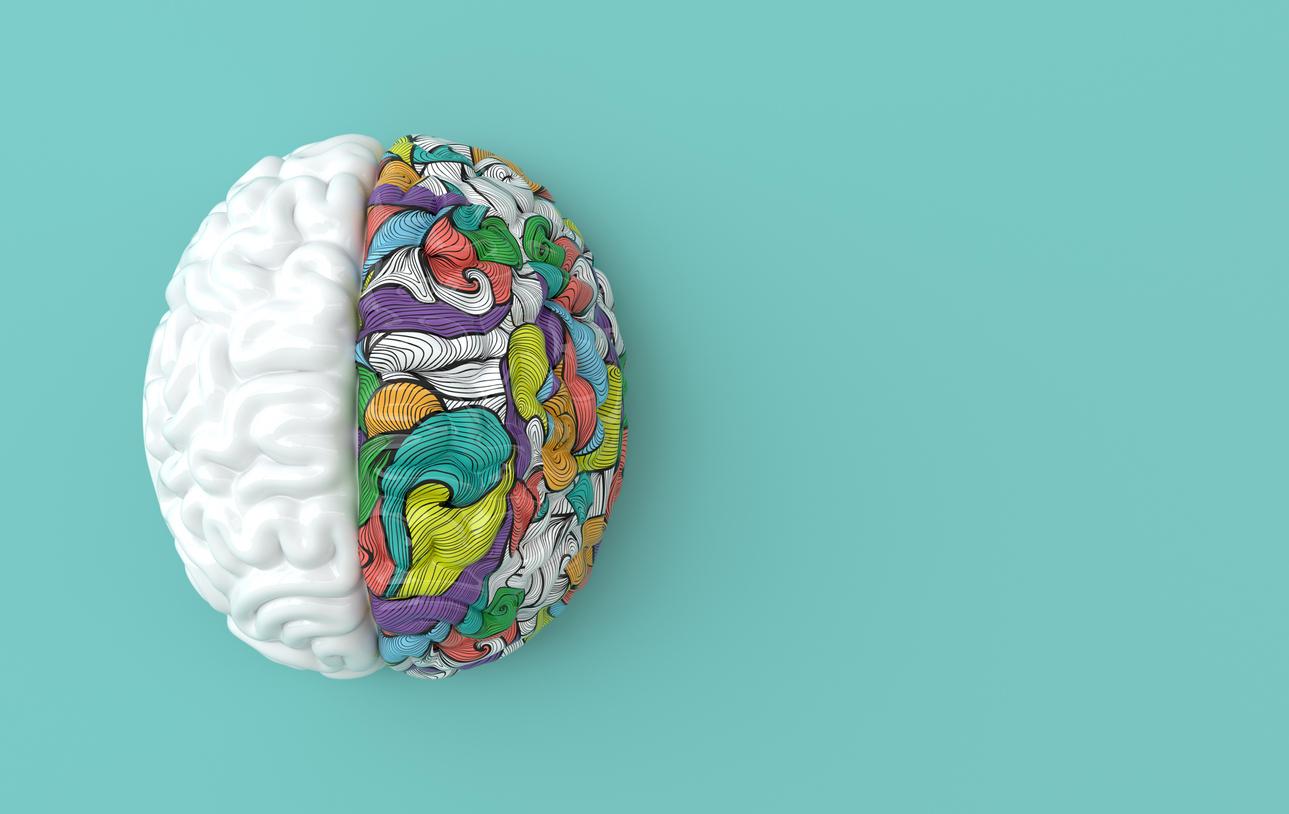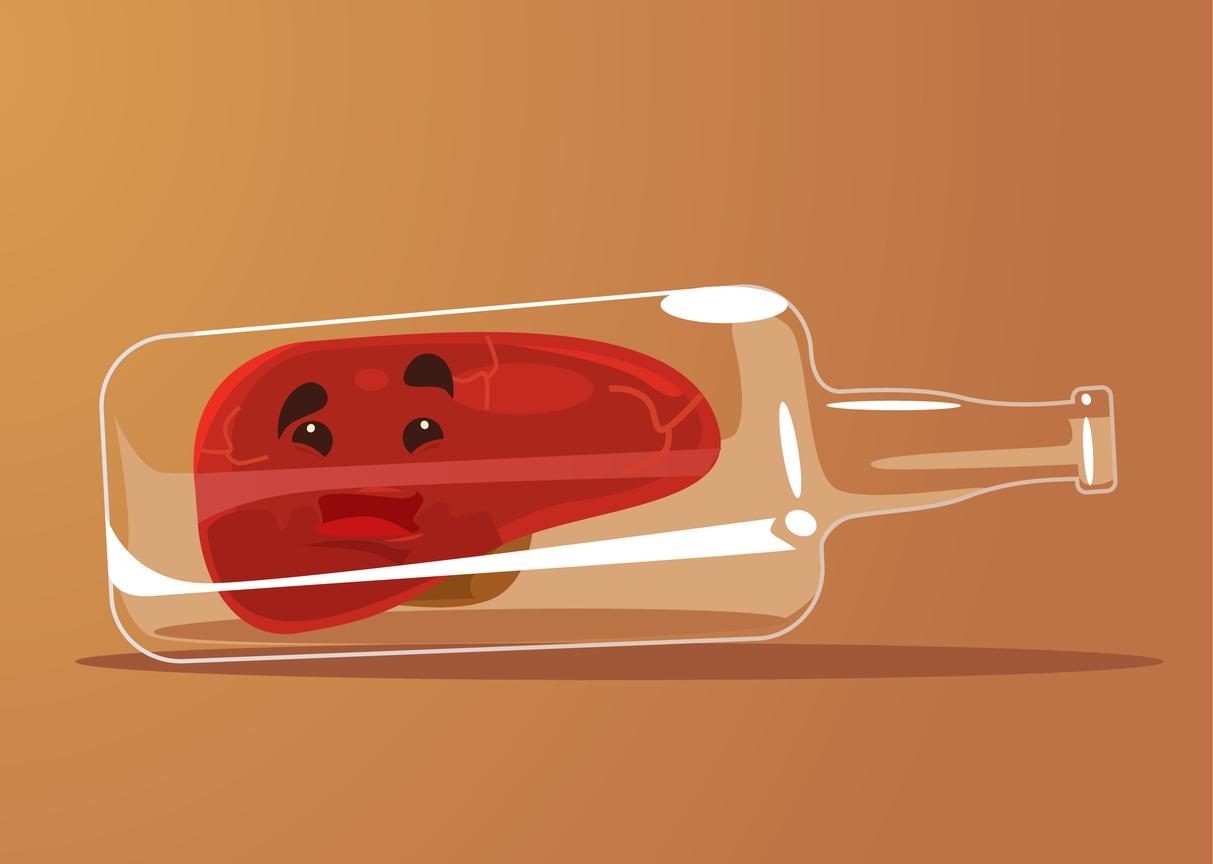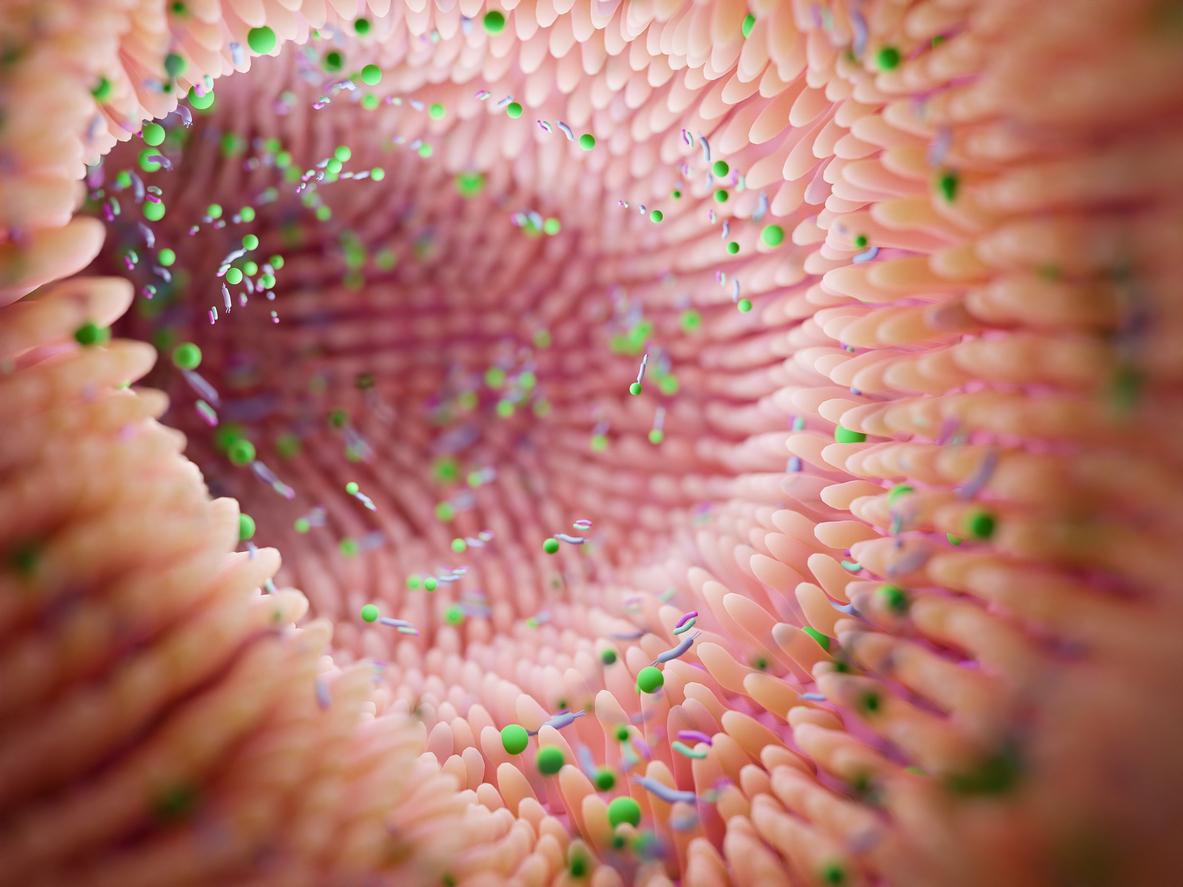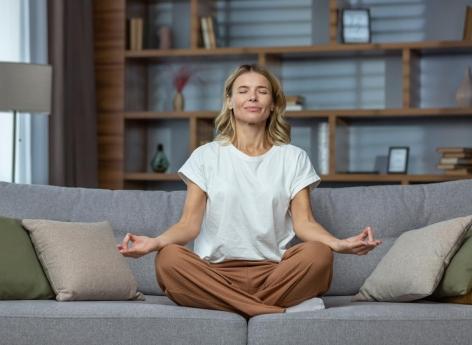After a drunken evening, drunkenness can give way to anxiety. A feeling that can be explained scientifically, as it is part of your body’s recovery process.

- Anxiety, a sign that the body is recovering, is one of the typical symptoms of a hangover.
- It occurs because alcohol modifies the behavior of certain neurotransmitters in the brain.
- Anxiety disorder can be associated with memory problems which are likely to appear the next day, i.e. not remembering one’s actions which can cause thinking and anxiety.
Last night you had more drinks than expected and you wake up with a huge hangover and, even more unpleasant, a huge feeling of anxiety. Don’t worry, Blair Aitken and Rebecca Rothman explain the reasons for this phenomenon in The Conversation. He is a postdoctoral researcher in psychopharmacology at Swinburne University of Technology, Australia, and she is a doctoral student in clinical psychology at the same university and in the School of Health Sciences.
Anxiety, a symptom of a hangover
THE National Institutes of Health (NIH) lists anxiety as one of the typical symptoms of a hangover. Others, which may vary from person to person, are: feeling weak, tired, headache, thirst, nausea, muscle pain, stomach ache, dizziness, irritability, sensitivity to light and heat. noise, increased blood pressure, sweating. They are a sign that the body is recovering.
But the majority of these symptoms are physical. So why the anxiety? Alcohol modifies the behavior of certain neurotransmitters in the brain, which is why this drink can relax you. But when the effects wear off, the opposite effect occurs in the brain, which can therefore cause anxiety.
The authors point out that we are not all equal when it comes to the risk of hangover-related anxiety. Genes may play a role, as they suggest they are linked to how our bodies process alcohol and therefore the hangover symptoms we have.
Anxiety linked to memory problems
Less scientific, anxiety can also come from memory problems which are likely to appear the next day. Not remembering our actions can make us think and worry. If, moreover, you have personal worries, alcohol can give the illusion of forgetting them for an evening, but they inevitably return the next day.
According to Public Health Franceyou should not drink more than two glasses of alcohol per day, no more than ten glasses per week and have days without consumption during the week. The best way to avoid anxiety is to limit your alcohol consumption! If, however, after a drunken evening you have a hangover, drink plenty of water and rest.

















